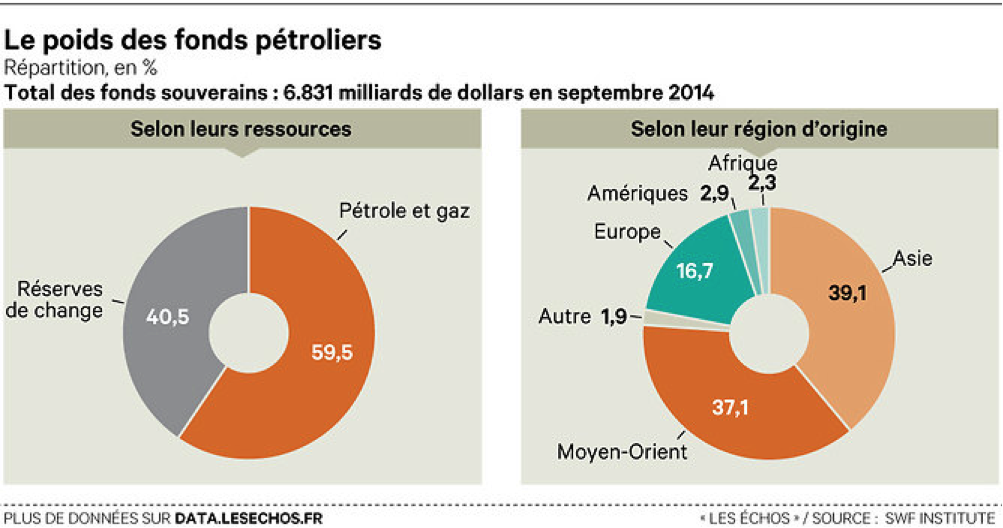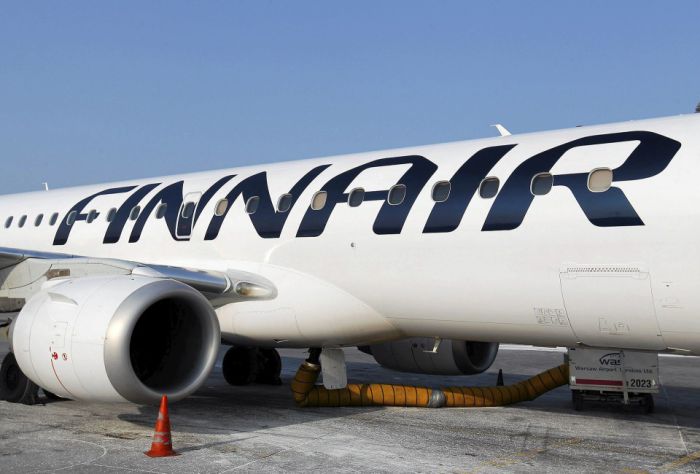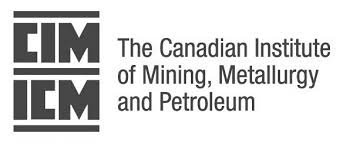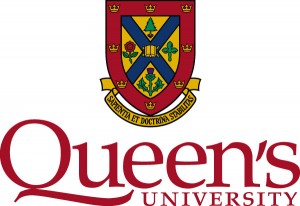Edinburgh, January 5, 2014
The luxury shoe company Mandarina aimed to hit £ 1 million sales mark in 2015 as Harris Tweed styles prove great success with customers

Mandarina, the internet shoe shop is based in Scotland rural Angus. The small local company is reporting a year-on-year sales boost of 11 percent in the pre-Christmas period. Based on „steady 10 percent growth over each of the last two years“, it is aiming to breach £1 million in sales in 2015.
Mandarina is the online-only fashion brand, which has pioneered the use of Harris Tweed in ladies‘ shoes and boots, benefits from Christmas marketing tie-up with men’s shoes specialist Shipton & Heneage.
The young, Scottish-based company was founded in 2004 by Caroline Townsend, a St Andrew University graduate, while working as a magazine editor in the Far East. Townsend was based in Hong Kong, Singapore, the Philippines and Vietnam for 20 years before returning to the run the business from a converted bothy near Forfar.
What makes Mandarina a sustainable company is the engagement in local tradition and boosting the use of local materials. It works together with UK designers including Peony & Sage, Emily Bond and Inchyra Liners. This attributes the international success of its products alongside the good matching of price and high quality standards. The combination of quality of the manufacturing and the daring use of high-impact materials, with Scottish tweed lines is proving bestsellers in the industry sector.
Mandarina shoes are handmade in a small family-owned factory in the Duc, near Ho Chi Minh City. Avoiding the mechanized methods of making shoes Mandarina is able to manufacture shoes of high quality with fine detail.
Source: www.heraldscotland.com, www.mandarinashoes.co.uk
MANDARINA SHOES LTD
Reswallie House, Forfar, Angus DD8 2SA, Scotland UK enquiries@mandarinashoes.com
 Our activity produced in 2014 a good operating performance in all its strategic pillars. Resources & Roots is radically developing its relationship model in Switzerland, Finland and Canada and extending its offer to a large number of international partners. Our model, which combines the expertise of investor relationship, financial consulting and business ethics by the proximity of a proactive networking, is insuring a personalised service and an offer which is perfectly tailored to the need and expectations of clients in a complex economic environment.
Our activity produced in 2014 a good operating performance in all its strategic pillars. Resources & Roots is radically developing its relationship model in Switzerland, Finland and Canada and extending its offer to a large number of international partners. Our model, which combines the expertise of investor relationship, financial consulting and business ethics by the proximity of a proactive networking, is insuring a personalised service and an offer which is perfectly tailored to the need and expectations of clients in a complex economic environment. TORONTO, 5 December 2014
TORONTO, 5 December 2014






